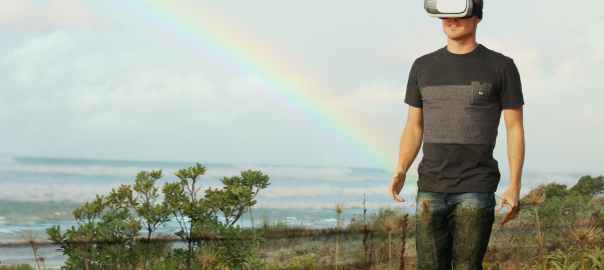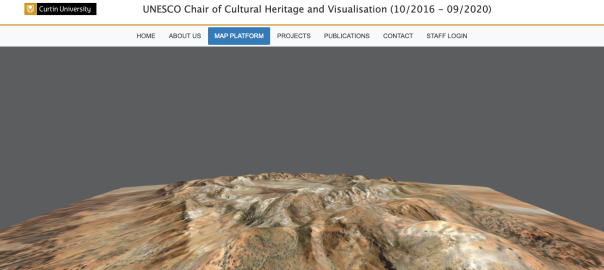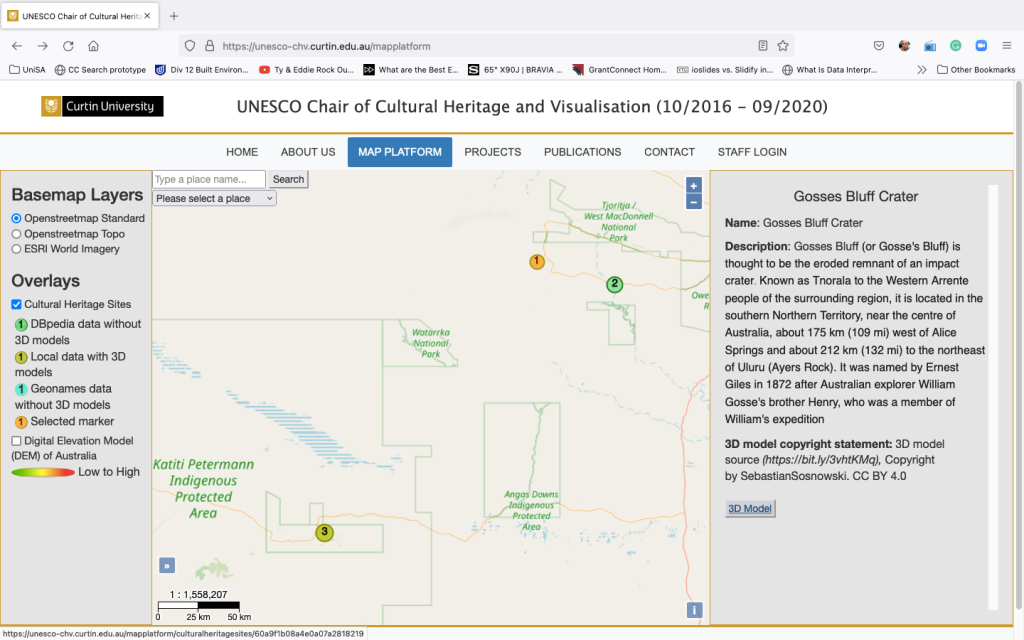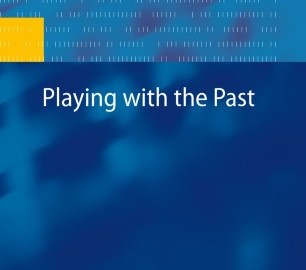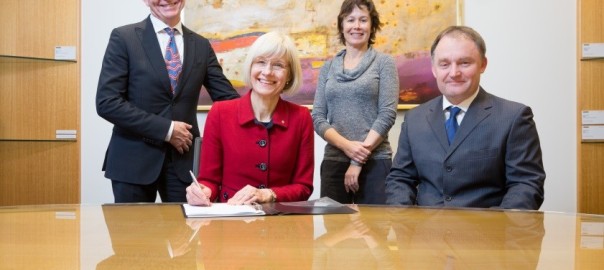PhD Studentship: AHRC Collaborative Doctoral Partnership PhD in Archaeology: Digital Recording, Fieldwork and Craft at Museum of London Archaeology
Anticipated start date for project: 1 October 2020
Closing date for applications: 1 May 2020 (was 1 April)
(interviews w/c 17 May)
Project description:
This Arts and Humanities Research Council (AHRC) Collaborative Doctoral Partnership (CDP) PhD, Digital Recording, Fieldwork and Craft at MOLA (Museum of London Archaeology) investigates the impact of digital methods on the documentation, interpretation, publication, and dissemination in archaeological knowledge production. The proposed PhD will evaluate digital recording strategies for commercial archaeological units, using MOLA as a primary case study and with consultation from the Archaeology Data Service. Previous studies of digital recording have focussed on academic projects that do not have the scope, impact or challenges of the large, ongoing projects such as those performed regularly at MOLA. This research also examines the process of how archaeologists interpret remains, understand the past and how we may better transmit this understanding to others. Work in this area is emerging and applicable to broader questions of learning.
Potential research questions:
- Do digital recording strategies impact the interpretation of archaeological remains?
- Can digital recording be used to improve working conditions and enskilling of archaeologists?
- How does data captured in the field feed into collaborative analysis projects that are already primarily digital?
- How do digital recording methods in the field sit within the context of the wider use of digital data capture by finds and environmental specialists?
- Can digital recording strategies enable broader public engagement, reuse or creative synergies outside of the traditional archaeological audience?
These are potential research questions for the student to undertake; the successful applicant will be able to shape the PhD with the support of the student’s supervisors.
This project will be jointly supervised by Dr Colleen Morgan (University of York) and Louise Fowler (MOLA). The student will be expected to spend time at both York and MOLA, as well as becoming part of the wider cohort of CDP funded students across the UK.
Funding notes:
AHRC CDP doctoral training grants fund full-time studentships for 45 months (or part-time equivalent). The studentship has the possibility of being extended for an additional 3 months to provide professional development opportunities, or up to 3 months of funding may be used to pay for the costs the student might incur in taking up professional development opportunities.
The studentship covers (i) a tax-free annual stipend at the standard Research Council rate (£15,285 for 2020-2021), (ii) an allowance of £1000/year to enable collaboration with the partner organisation (as they are based in London), (iii) an additional allowance of £1000/year for expenses incurred in undertaking research, and (iv) tuition fees at the UK/EU rate.
Entry requirements: Students with, or expecting to gain, at least an Upper Second Class Honours degree, or equivalent, are invited to apply. The interdisciplinary nature of this research project means that we welcome applications from students with backgrounds in any relevant subject that provides the necessary skills, knowledge and experience for the project, including archaeology, user-experience design and computing, anthropology, and digital sociology. We endeavour to be inclusive and flexible regarding applicants with caring obligations, disabilities and other considerations.
Nationality restriction:
Candidates must have a relevant connection with the UK to qualify for a full AHRC award, i.e. they must have been ordinarily resident in the UK throughout the three-year period preceding the date of application, or have settled status in the UK. Non-EU candidates who have not been ordinarily resident in the UK for the last three years, or who were resident wholly or mainly for the purposes of education, are not eligible to apply.
Candidates from EU countries are eligible for full awards if they have been resident in the UK, for education or other purposes, for at least three years prior to the start of their programme. Candidates from EU countries who have not resided in the UK for three years prior to the start of their programme will normally be eligible for a fees-only award.
The University is committed to promoting a diverse and inclusive community – a place where we can all be ourselves and succeed on merit. We offer a range of family friendly, inclusive employment policies, flexible working arrangements, staff engagement forums, campus facilities and services to support staff from different backgrounds.
We particularly encourage applications from BAME, LGBTQ+ and disabled candidates, who are currently under-represented within the University of York in Archaeology.
How to apply:
Application is by covering letter, CV and online application form, and should be made through the University of York online application system.
Please read the ‘How to apply’ tab before submitting your application: http://www.york.ac.uk/archaeology/postgraduate-study/research-postgrads/application/
Further Enquiries
For further enquiries, please contact Colleen Morgan (colleen.morgan@york.ac.uk).

